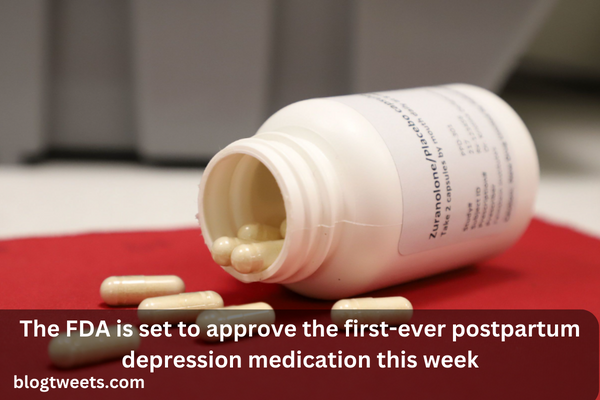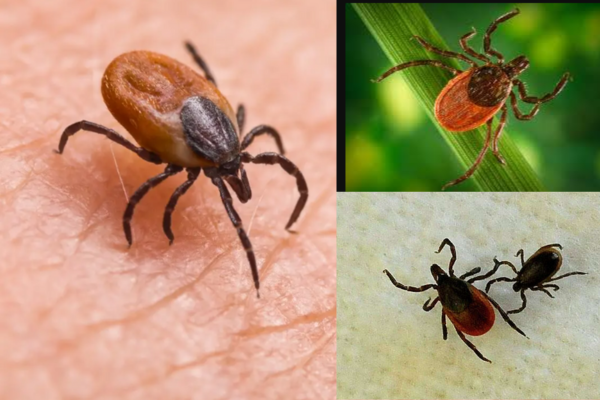According to a study, being Black in America results in 1.6 million more fatalities than average over a 22-year period
Although the country has made progress in reducing the disparity between the death rates of Whites and Blacks, that development stagnated. And Covid struck.
Long-standing studies have demonstrated that Black people experience more illness and die earlier than White people.
Now, a new study, published on Tuesday in JAMA, brings the country’s racial injustices into sharp focus. It found that over the course of more than two decades, the higher mortality rate among Black Americans led to 1.63 million more deaths than among White Americans.
The study found that Black people’s higher mortality rate from 1999 to 2020 led in a cumulative loss of more than 80 million years of life compared to the white population since so many of them die young, with many years of life ahead of them.
From 1999 to 2011, the country made headway in bridging the gap between white and Black death rates, but that development stagnated from 2011 to 2019. Two decades of advancement were undone in 2020 by the large number of deaths brought on by Covid-19, which particularly hard on Black Americans.
The study’s authors characterize it as a call to action to improve the health of Black Americans, whose higher rates of heart disease, cancer, and infant mortality contribute to their earlier deaths.
According to Herman Taylor, a study author and director of the cardiovascular research institute at the Morehouse School of Medicine, “the study is hugely important for about 1.63 million reasons.”
“Real lives are disappearing. Parents and grandparents are absent from real families, according to Taylor. “Mothers and babies are passing away. This message has been shouted for decades.
According to Clyde Yancy, a study author and the chief of cardiology at Northwestern University’s Feinberg School of Medicine, the country’s protracted history of discrimination has more to do with Black people’s high mortality rates than genetics. This history of discrimination has harmed generations of Black people’s access to education, housing, and employment opportunities.
Black communities that were redlined in the 1930s as being too “high risk” for investments such as mortgages are still poorer and sicker now, according to Yancy. Additionally, Covid infection and fatality rates were greater in previously redlined ZIP areas. We clearly have an unequal distribution of health, according to Yancy. We’re discussing the freedom to live a healthy life.
According to a companion study, racial and ethnic imbalances cost the United States at least $421 billion in medical costs, lost productivity, and early deaths in 2018.
In 2021, non-Hispanic white Americans could anticipate living to be 76 years old at birth, compared to only 71 for non-Hispanic black Americans. The fact that non-Hispanic Black newborns have a 212 times higher risk of passing away before their first birthday than non-Hispanic White newborns helps to explain a large portion of this disparity. More than three times as many non-Hispanic White mothers than non-Hispanic Black mothers will pass away from a pregnancy-related ailment. (Hispanics can be of any race, or any racial mix.)
According to Tonia Branche, a neonatal-perinatal medical fellow at Lurie Children’s Hospital of Chicago who was not part in the JAMA study, racial disparities in health are so deeply ingrained that even wealth and education can’t completely eradicate them.
Pregnancy problems are more likely to kill black women with college degrees than white women without a high school diploma. Branche said it’s probable that stress, including that caused by systematic racism, has a bigger negative impact on Black moms’ health than previously thought, despite the fact that researchers haven’t been able to fully explain this gap.
Communities experience sadness in response to death. According to research, there are typically nine persons in grieving for every person that passes away.
According to Khaliah Johnson, director of pediatric palliative care at Children’s Healthcare of Atlanta, black individuals bear a disproportionately heavy burden of grieving, which can negatively impact both their mental and physical health. Black people are more likely than white people to be grieving the loss of a close family member at any given time due to the high mortality rates across the life span.
“We as Black people all have some legacy of unjust, unwarranted loss and death that compounds with each new loss,” said Johnson, who was not part in the current study. It influences not only how we navigate the world but also how we interact with others and deal with disappointment in the future.
One of Johnson’s boys passed away shortly after birth, while the other passed away when he was just a toddler. Johnson recounted that her parents “often asked themselves, Would the outcomes for our sons have been different, might they have received different care and lived, had they not been Black?” in an essay that was published last year.
Johnson expressed the hope that the new study would help people realize all that is missed when Black individuals pass away too soon. She remarked, “We lose these young lives, we lose their potential, and that affects the entire society.
In the Black community, “our pain is real, deep, and profound, and it deserves attention and validation,” Johnson added. “It frequently seems like others ignore it and advise you to stop moaning. However, it cannot be expected that we simply put up with them and move on.
Timothy Scott-Moore, 16, was an athlete who aspired to attend Boston College and pursue a career in sports medicine, according to his mother Teleah Scott-Moore. In 2011, he passed away from sudden cardiac arrest, a syndrome that only affects approximately 100 young athletes annually. According to research, hypertrophic cardiomyopathy, a heart disorder that can cause sudden cardiac death, is frequently overlooked among Black people.
Scott-Moore continues to question whether she ought to have seen the warning flags. She has also accused herself of neglecting to shield her two younger sons, who discovered Timothy’s body after he passed out and found her.
Scott-Moore claimed that she occasionally wanted to give up.
Instead, she claimed, the family established a foundation to support health checks and education to stop such fatalities. Supporting them has helped her overcome her anguish. She hears from families all around the world.
“My grief comes back in waves, and it comes back when I least expect it,” said Scott-Moore of Baltimore County, Maryland. The pain never goes away, but life continues on.








